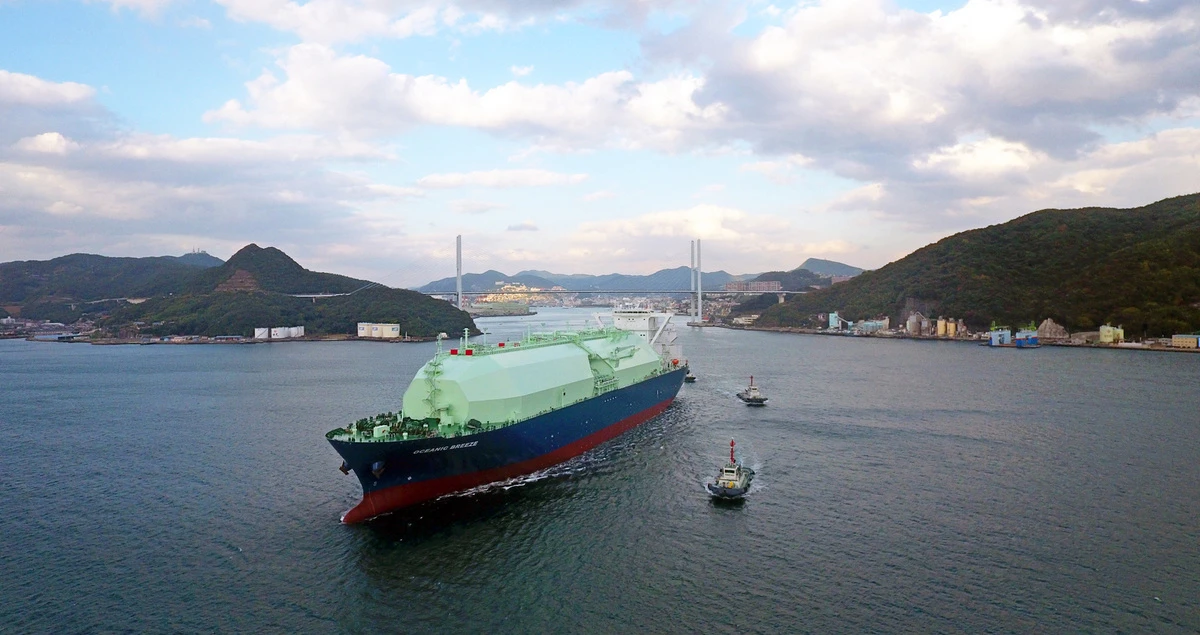How specialist ships can help the switch to cleaner gas

By Ewan Thomson
Surging costs and intensifying concerns around climate change have put Europe’s energy mix into a state of flux.
But rather than derailing plans to transition toward greener sources such as renewables, hydrogen and liquefied natural gas (LNG), this is accelerating work on long-term goals to reduce energy-sector emissions.
The EU established an Energy Union Strategy in 2015 that set the goal of providing the region with secure, sustainable and affordable energy. Nuclear, hydrogen and renewables are currently generating many headlines in the drive to achieve these aims.
But the bloc has also long cited LNG as a vital element in its efforts to bolster energy security and cut levels of carbon in the atmosphere. Floating storage and regasification units (FSRUs) could be a key component in plans to reach these net zero emissions targets.
 FSRUs tend to be cheaper and quicker alternatives to building large, land-based terminals
FSRUs tend to be cheaper and quicker alternatives to building large, land-based terminals
More LNG means more FSRUs
The problem with LNG is that for countries to import it, they need large, expensive terminals that not only receive, but also store and regasify the fuel. Building these terminals isn’t quick — they typically take 3-5 years to construct, according to Global Energy Monitor. Nevertheless, five additional LNG terminals were under construction in the EU as of February 2022.
FSRUs offer an alternative to fixed-location terminals. They are essentially LNG processing facilities based on ships rather than on land, and they generally offer cheaper and quicker alternatives to land-based terminals.






